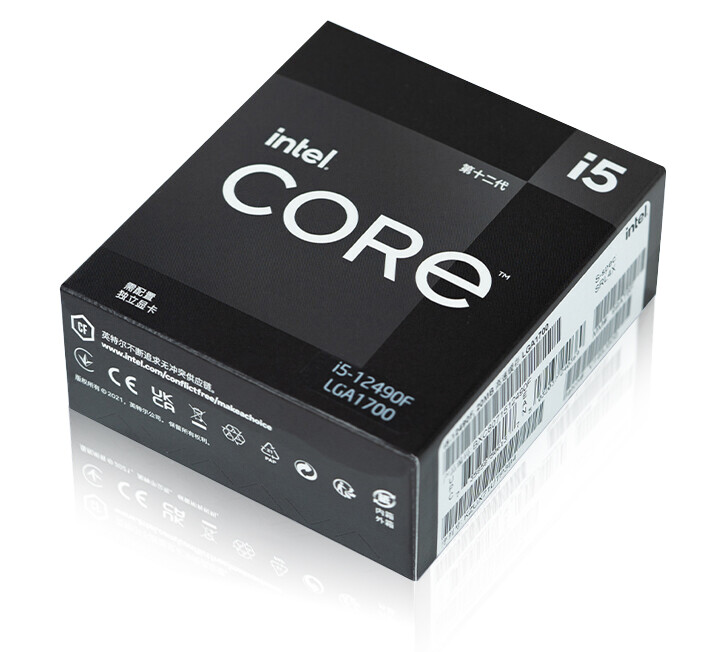Korean expert: "Chip Alliance" will destroy the global supply chain
Author:China Daily Time:2022.09.01
Korean expert and guest professor of Beijing Foreign Studies University, Woo Jin-Hoon, on August 29, in the "China Daily" article pointed out that the United States wants to draw the "chip Quartet Alliance" in Japan, South Korea and Taiwan to establish Its dominant position in the global semiconductor supply chain, which is likely to destroy the global industrial chain and supply chain.

Comic Author: China Daily Ministry of Fine Arts Ma Xuejing
The American government's mouse is light
The analysis of the article pointed out that what the United States does not effectively solve the problem of global chip shortages, but may disrupt the global industrial chain and supply chain. The United States depends on imports to meet the needs of chip, which is precisely because the country's continuous increase in imports before the new crown epidemic has led to a global chip shortage. Today, the United States wants to ease the problem of domestic chip shortage by forming a "chip Quartet Alliance".
Since last year, the U.S. State Department has been trying to upgrade the chip cooperation mechanism into an alliance between the government and the company of the allies and partners, thereby supporting the chip industry of the country, re -establishing the control of the supply chain, and isolation in China.
On August 9 this year, US President Biden signed the "2022 Chip and Science Act" (hereinafter referred to as the "Chip Act"), including investment of $ 52 billion to promote chip manufacturing and strengthening research and development, so as to create more employment opportunities and ensure chip chips Supply and competition with China. If the chip manufacturer is transferred to the United States, it can obtain subsidies and tax discounts. The additional conditions are that they must not increase investment in China in 10 years. This move is beneficial to the United States in the short term, but it seems endless in the long run.
Once the U.S. Department of Commerce issues specific regulations, top chip manufacturers such as Intel, Samsung and TSMC will not be able to upgrade the production line on mainland China. This means that although they have already made a lot of investment and layout, they can only produce low -end products in the end, thus suffering huge losses.
The U.S. Congress ignored the voices of Intel and the country's semiconductor industry association and passed the "chip bill". However, Japan, South Korea and Taiwan and their chip manufacturers may continue to negotiate with the US government on specific terms to safeguard their long -term interests.
The U.S. government bother
The top chip manufacturers of the "Chip Quartet Alliance" all have production lines on the mainland, including Meiguang Technology, Intel, Samsung, South Korea SK Hemori, TSMC, and Lianhua Electronics. The report of the Korean Federation Society quoted a report from the Korean Business Conference, saying that in the past 20 years, the export of South Korea's chip to China has increased from 3.2%in total exports in 2000 to 39.7%in 2021, an increase of about 12.4 times.
The global semiconductor industry chain and supply chain base operate in the principle of comparative advantages. Through fair competition and international division of labor, chip manufacturers have established a reasonable resource allocation mechanism. Factors such as excessive intervention, technical monopoly and information asymmetry will hinder fair and balanced competition, affect market operations, and bring huge losses to the government, enterprises and consumers.
In fact, it is not easy to exclude China from the global chip industry chain. If the United States imposed sanctions on China and blocked its investment channels, not only Chinese semiconductor companies, but also international information and communication technology giants operating in China. For example, Apple has many manufacturers in China, and at least 30 companies have factories in Shanghai.
In addition, Chinese factories imported semiconductors from other countries and regions, and assembled it into finished products to the world. The U.S. sanctions on China will inevitably disrupt the chip industry chain and supply chain. Based on this, the economy and other economies that the United States wants to win should take measures to maintain the existing industrial chain and supply chain to ensure that we can continue to earn considerable profits and achieve sustainable development.
South Korea, Japan, and Taiwan can use free trade agreements and cooperation mechanisms such as regional comprehensive economic partnerships (RCEP) to maintain East Asia's industrial chain and supply chain. A strong market is a powerful promoter for technological innovation and the driving force for production and growth.
- END -
Recommended reference for reference for different positioning configurations for different positioning configurations in the opening season

The beginning of school is about to start, and the freshmen will also enter the ca...
The itinerary card picks stars: "Star" is easy, except for dark "stars" difficult | Weekly comments

notThe real meaning of picking the starsThe changes in the concept and guideline b...